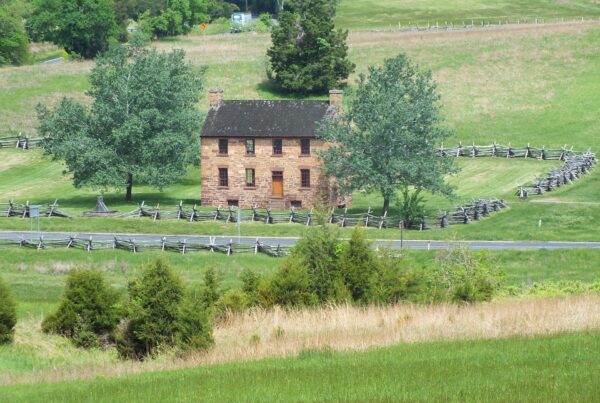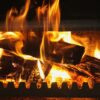As the chilly winter season approaches, it’s time for the residents of Falls Church, VA, to dust off their fireplaces and prepare for cozy nights by the fire. But, before you light up that first log, there’s a critical factor to consider – the smell. How can you ensure a fresh-smelling fireplace all winter long? Well, the secret lies in employing the right methods and professionals, like A&T Chimney Sweeps. This article will guide you on how to maintain a fresh-smelling fireplace, a vital element in the home that often gets overlooked.
Nothing quite compares to the warm, crackling comfort of a fireplace in the winter. However, it can quickly become a source of discomfort when foul odors start wafting into your living room. Smoky smells, soot, creosote, and sometimes even animal droppings can contribute to a malodorous fireplace. The good news is, this doesn’t have to be your reality. There are proven strategies to bust those unpleasant odors and keep your fireplace smelling fresh.
1. Regular Cleaning: The first step to a fresh-smelling fireplace is regular cleaning. Over time, ash, soot, and creosote can build up in your fireplace, releasing unpleasant odors when heated. Regular cleaning, however, can keep these substances in check. Make a habit of cleaning your fireplace at least once a week during the burning season. This includes removing ash and partially burned wood.
2. Proper Ventilation: Your chimney’s job is to draw smoke and fumes away from your fireplace and out of your home. If it’s not doing this effectively, these odors can linger and permeate your living space. Make sure your chimney is free of any obstructions and that your damper is fully open when you’re burning a fire.
3. Use Seasoned Wood: Fresh or ‘green’ wood contains a high amount of moisture, which can lead to excess smoke and creosote buildup when burned. This not only contributes to unpleasant fireplace odors but also increases the risk of a chimney fire. Always use seasoned, dry wood to reduce smoke and residue.
4. Regular Inspections and Maintenance: This is where professionals like A&T Chimney Sweeps fireplace, furnace, dryer vent, gutter cleaning, and repair services in Falls Church, VA come in. Regular professional inspections and chimney sweep services can help identify and address issues like creosote buildup, structural damage, or even animals nesting in your chimney. These are all factors that could contribute to a smelly fireplace.
5. Install a Chimney Cap: A chimney cap can prevent animals, birds, and excess moisture from entering your chimney. These can all contribute to unpleasant odors. A cap will also stop downdrafts, preventing smoke from blowing back into your home.
6. Deodorize: If you’ve taken all the above steps and still notice a lingering smell, you might consider a fireplace deodorizer. These products are designed to neutralize odors and can be a useful tool in your odor-busting arsenal.
By following these steps, you can enjoy a warm, inviting, and fresh-smelling fireplace all winter long. Now, let’s answer some FAQs about fireplace odors:
FAQs
Q: Why does my fireplace smell bad?
A: Your fireplace can smell bad due to various reasons, including creosote buildup, soot, ash, dampness, or animals nesting in the chimney.
Q: How often should I get my chimney cleaned?
A: The Chimney Safety Institute of America (CSIA) recommends having your chimney cleaned at least once a year, or more frequently if you use your fireplace often.
Q: Can I clean my chimney myself?
A: While you can do basic cleaning tasks yourself, it’s recommended to hire professionals for thorough cleaning and maintenance. Professionals have the right tools and knowledge to safely and effectively clean your chimney and fireplace.
Q: What kind of wood should I burn in my fireplace?
A: You should use seasoned, dry hardwoods like oak, maple, or ash in your fireplace. These burn cleanly and efficiently, reducing soot and creosote buildup.
Q: Can a bad-smelling fireplace be harmful?
A: A smoky smell can indicate problems with ventilation, which can increase the risk of carbon monoxide buildup in your home. If your fireplace smells bad, it’s best to get it checked out by professionals.
In conclusion, maintaining a fresh-smelling fireplace in Falls Church, VA, isn’t rocket science. It all boils down to regular cleaning, proper ventilation, using the right wood, routine professional maintenance, and using a deodorizer if necessary. By following these steps, you can keep your fireplace smelling as fresh as a warm winter’s day.








